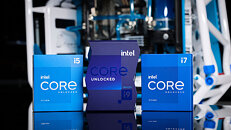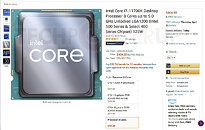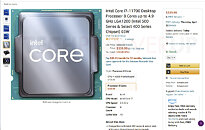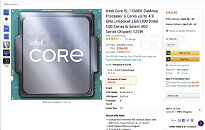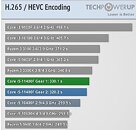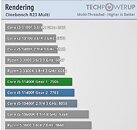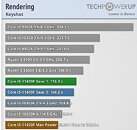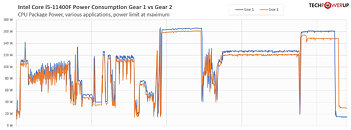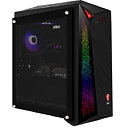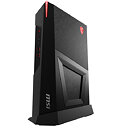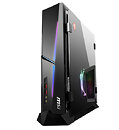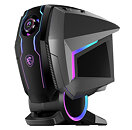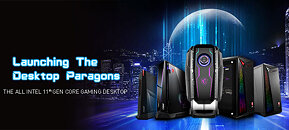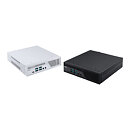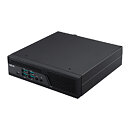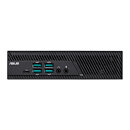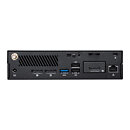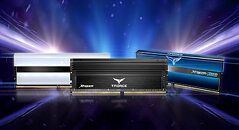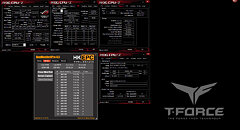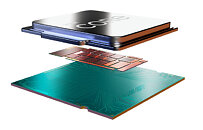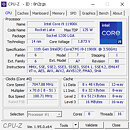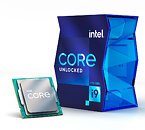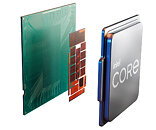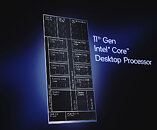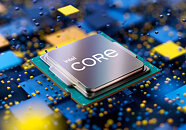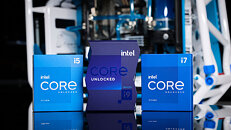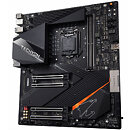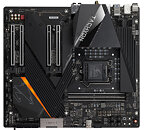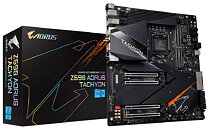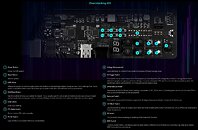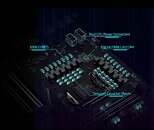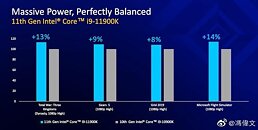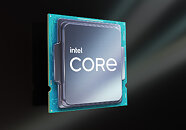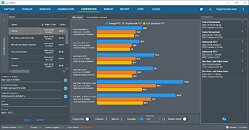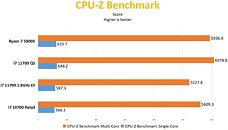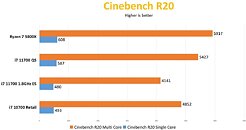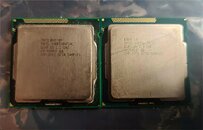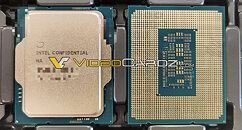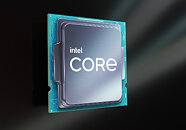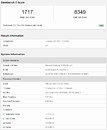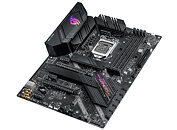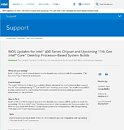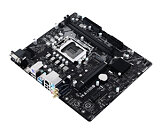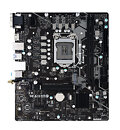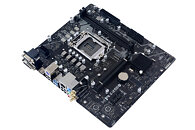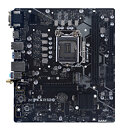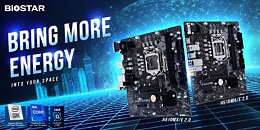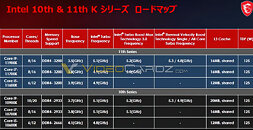
TechPowerUp GPU-Z v2.39.0 Released
TechPowerUp today released the latest version of TechPowerUp GPU-Z, the tiny-yet-mighty software that gives you information, monitoring, and diagnostics of your PC graphics subsystem. Version 2.39.0 adds support for the Gen12 Xe LP integrated graphics solution found with Intel 11th Gen Core "Rocket Lake" processors. GPU-Z also has the ability to tell the new "Navi 21 XTXH" Radeon RX 6900 XT variant, from the standard RX 6900 XT. Support is also added for NVIDIA RTX 3060 Mobile, RTX 3050 Ti Mobile, RTX 3050 Mobile, RTX A5000, T500, CMP 30HX, CMP 40HX, CMP 90HX; and AMD Radeon Pro W5500M, and Barco MXRT 4700.
Version 2.39.0 also improves in several areas. The integrated screenshot feature is refreshed to better capture the window area. The XML dump is made more usable, with information that includes BIOS UEFI support, WHQL status, Driver Date, DXR, DirectML, OpenGL and Resizable BAR. The video memory utilization sensor is disabled on TCC mode-enabled NVIDIA GPUs. A number of minor issues were also fixed, related to Resizable BAR detection, clock readings on AMD RDNA2 mobile GPUs, a bug with OpenGL detection on certain systems, memory clock readings on certain legacy GPUs, BIOS date readings on legacy GPUs, etc. Grab it from the link below.
DOWNLOAD: TechPowerUp GPU-Z 2.39.0The change-log follows.
Version 2.39.0 also improves in several areas. The integrated screenshot feature is refreshed to better capture the window area. The XML dump is made more usable, with information that includes BIOS UEFI support, WHQL status, Driver Date, DXR, DirectML, OpenGL and Resizable BAR. The video memory utilization sensor is disabled on TCC mode-enabled NVIDIA GPUs. A number of minor issues were also fixed, related to Resizable BAR detection, clock readings on AMD RDNA2 mobile GPUs, a bug with OpenGL detection on certain systems, memory clock readings on certain legacy GPUs, BIOS date readings on legacy GPUs, etc. Grab it from the link below.
DOWNLOAD: TechPowerUp GPU-Z 2.39.0The change-log follows.



